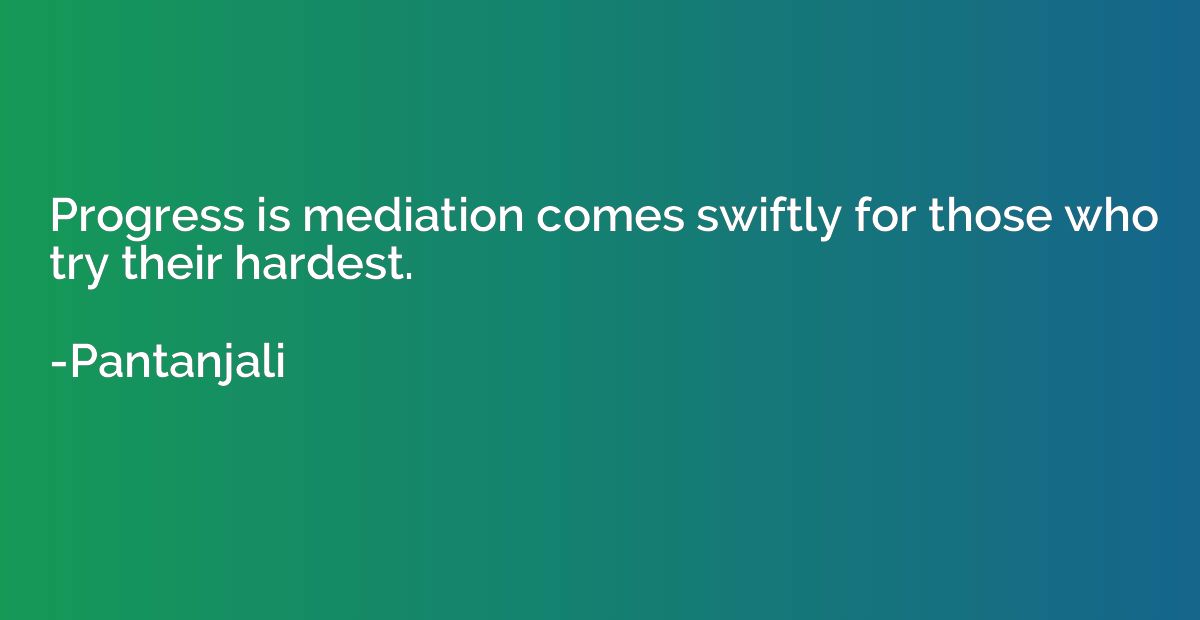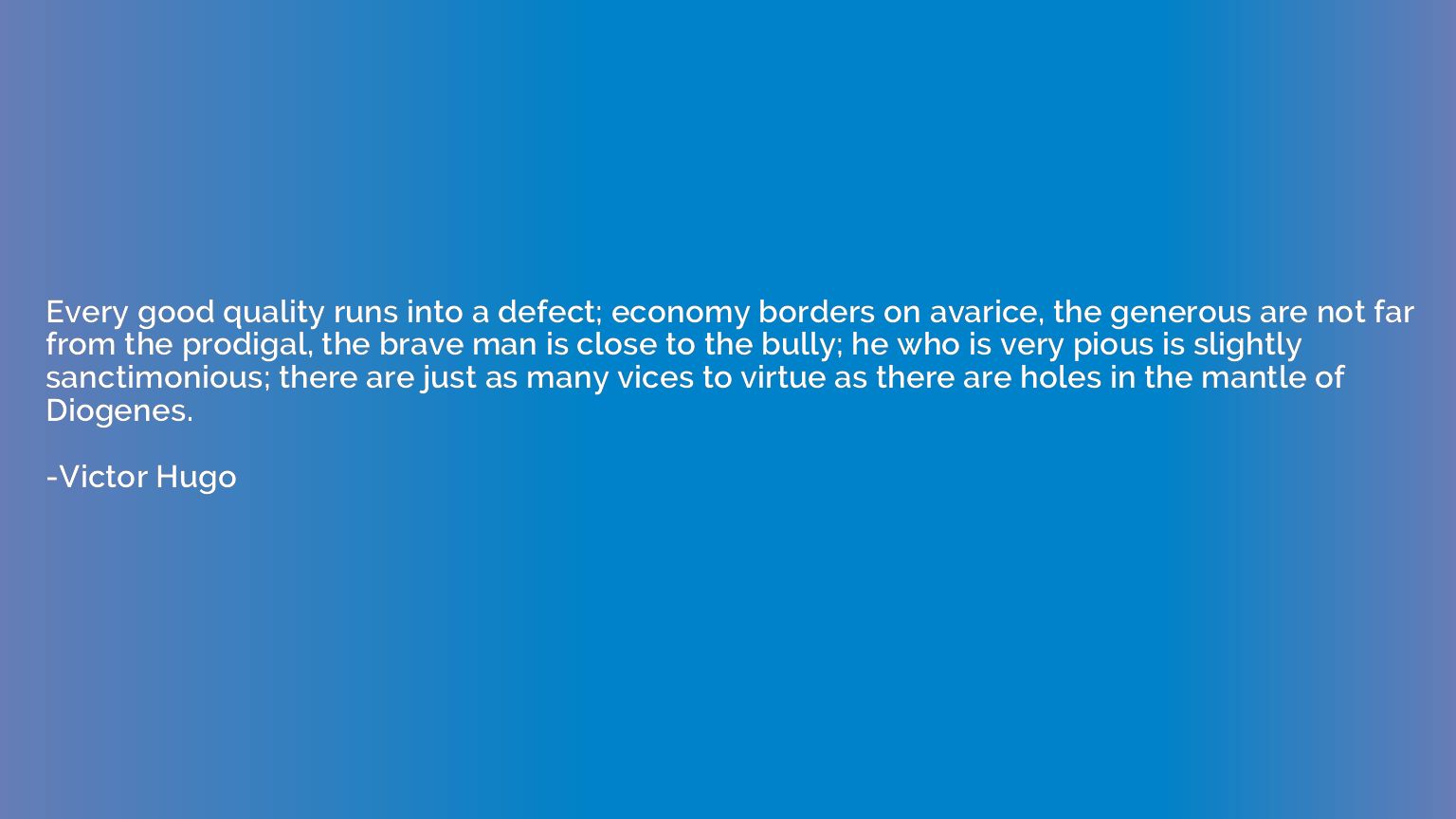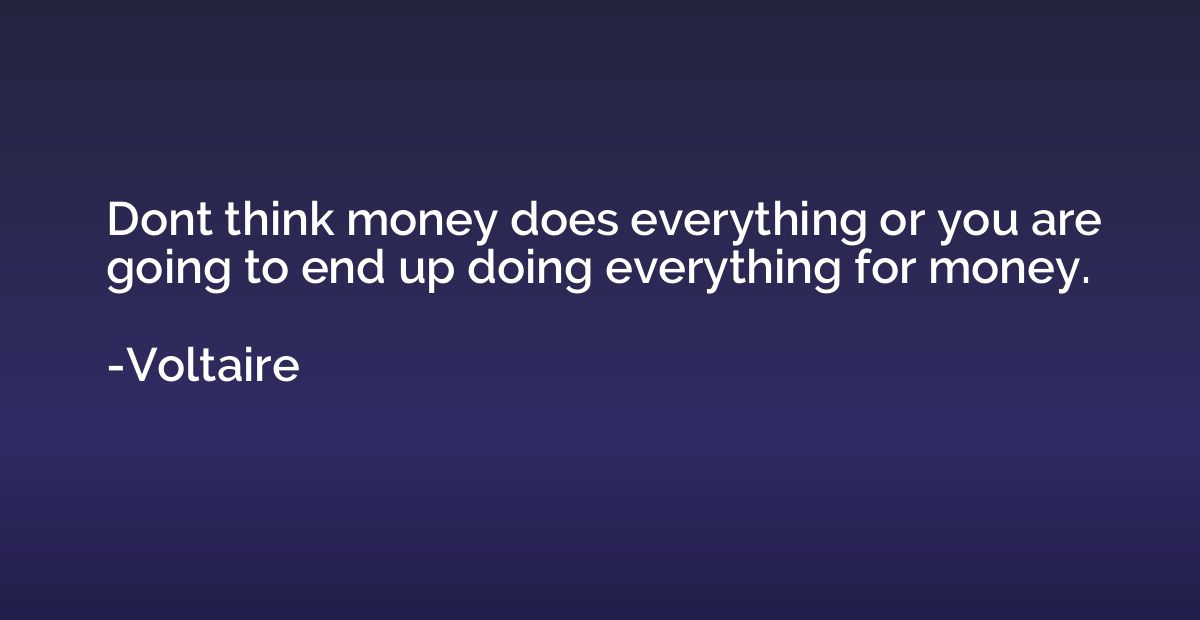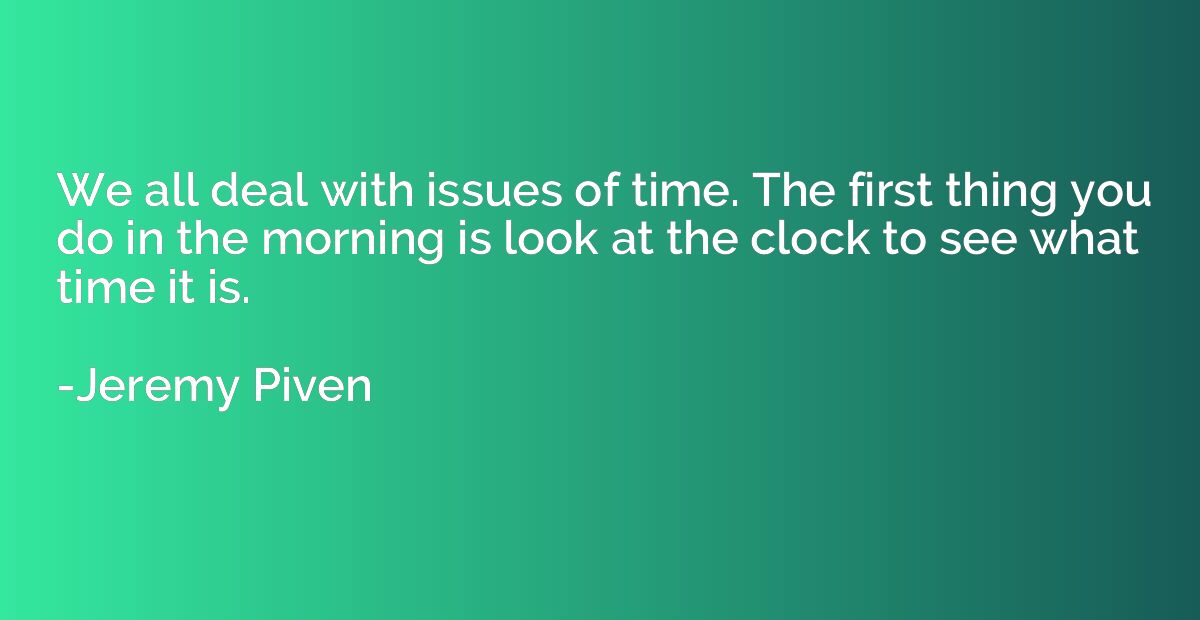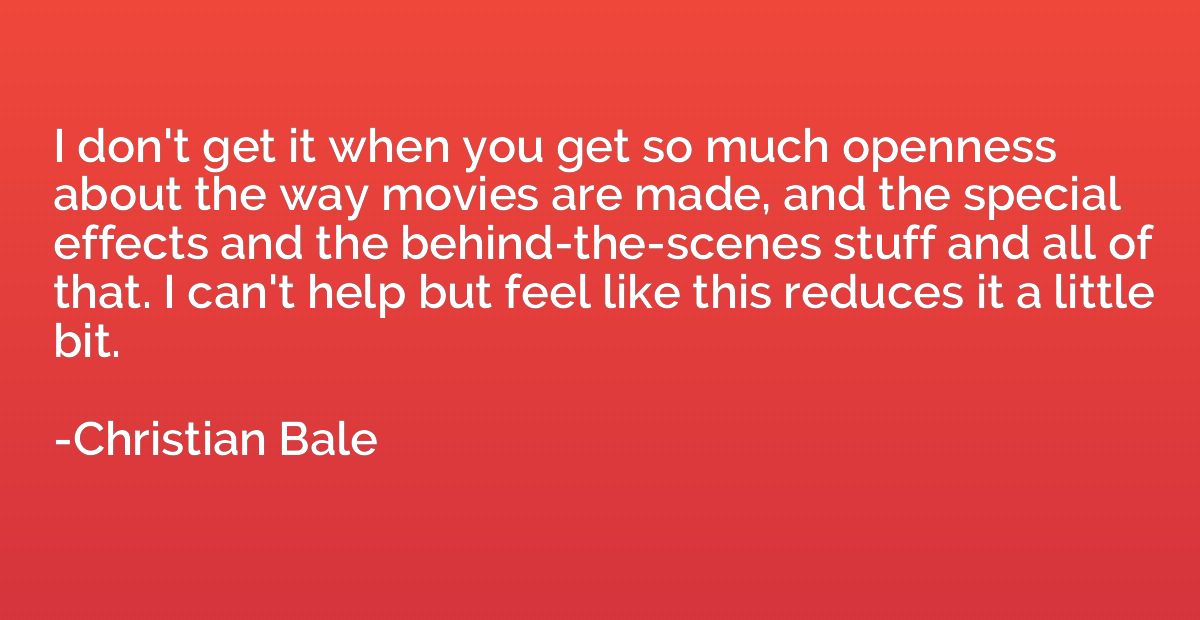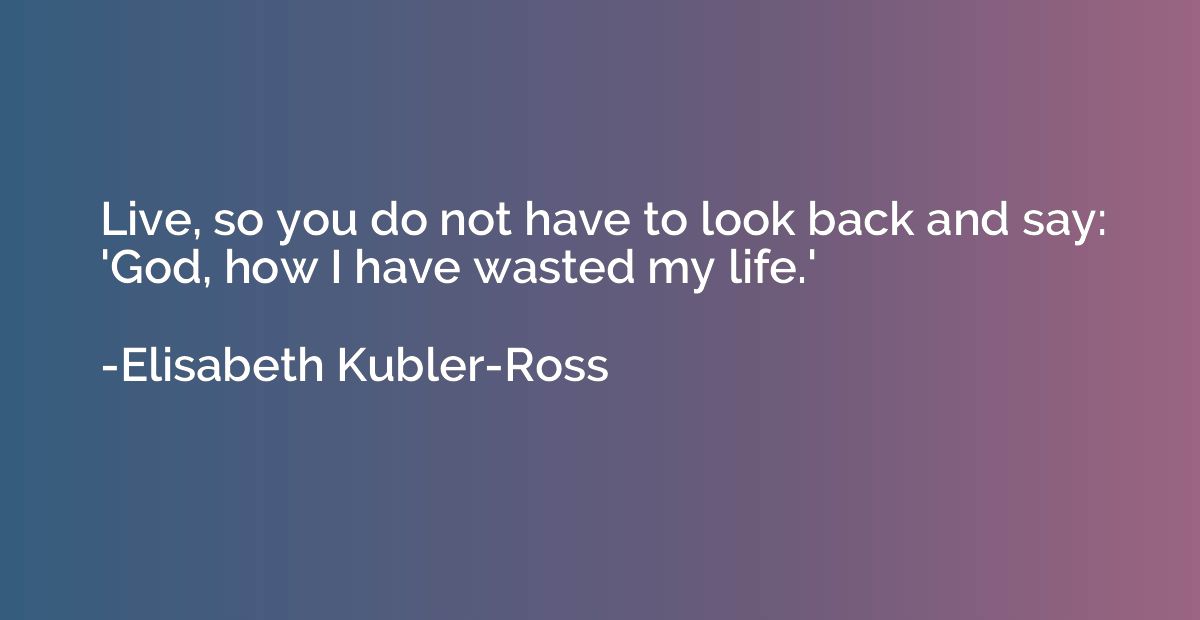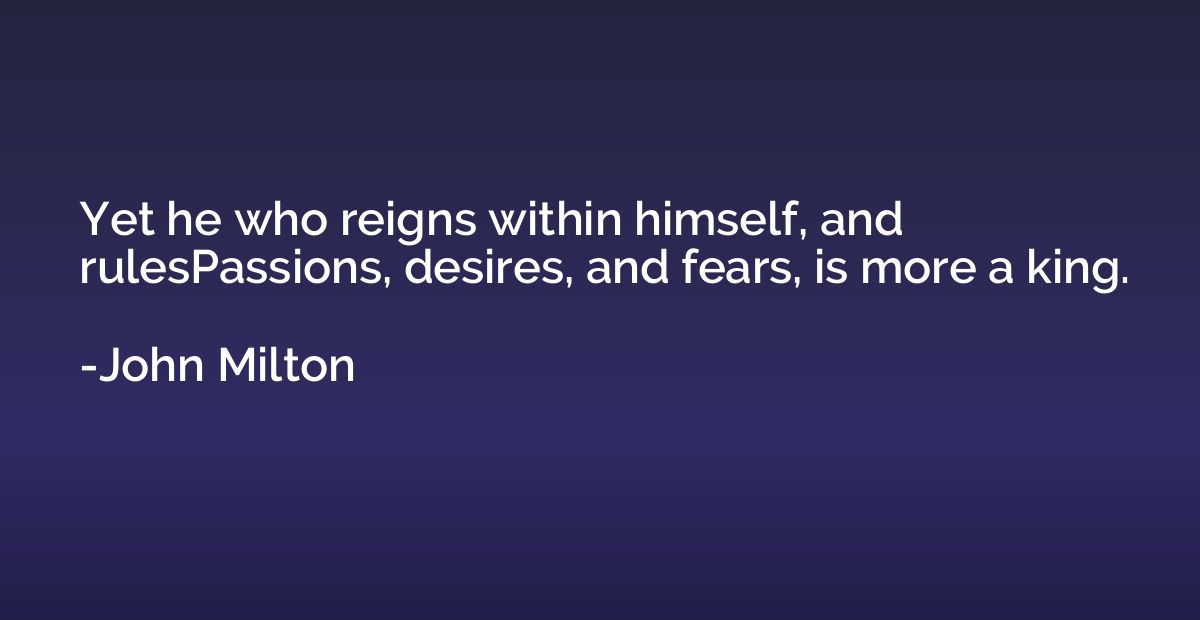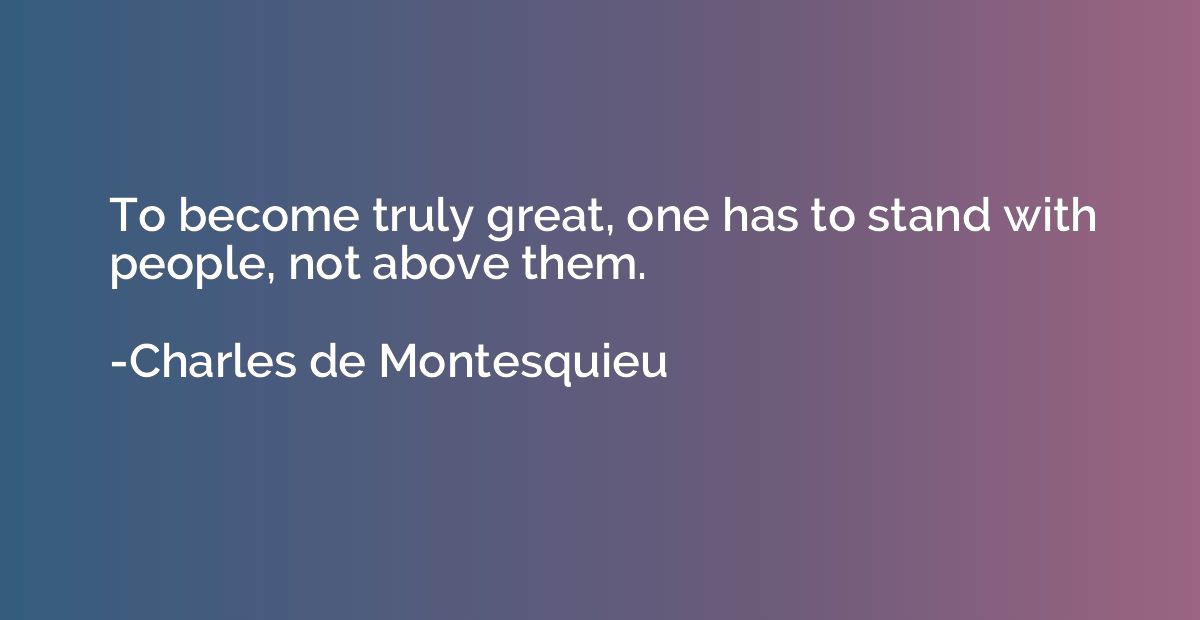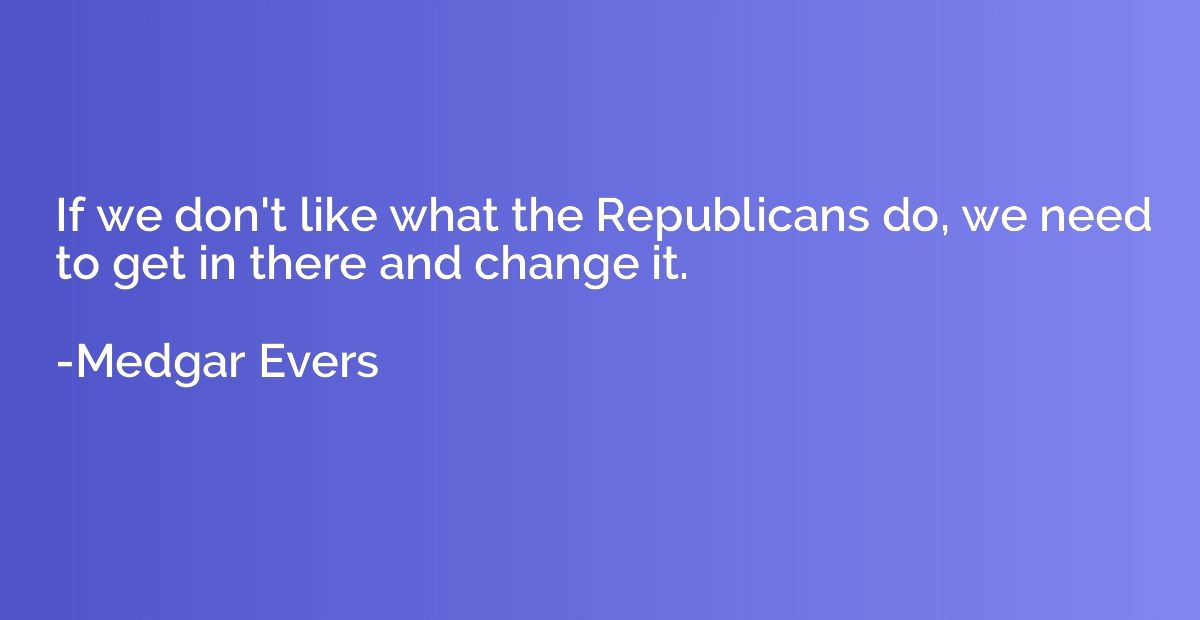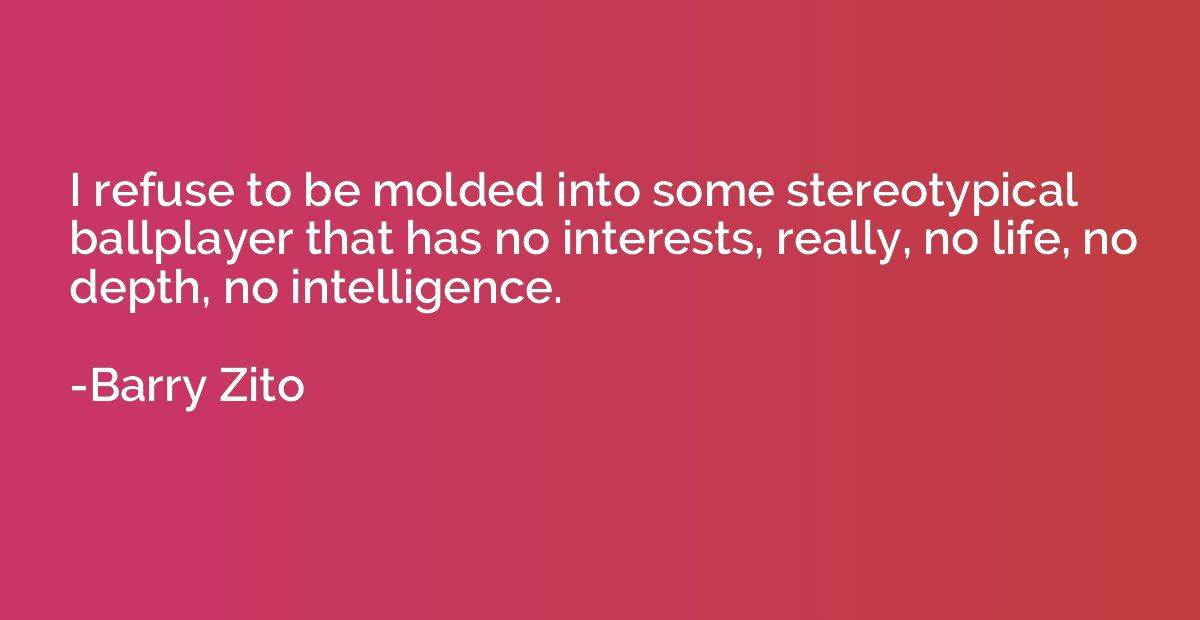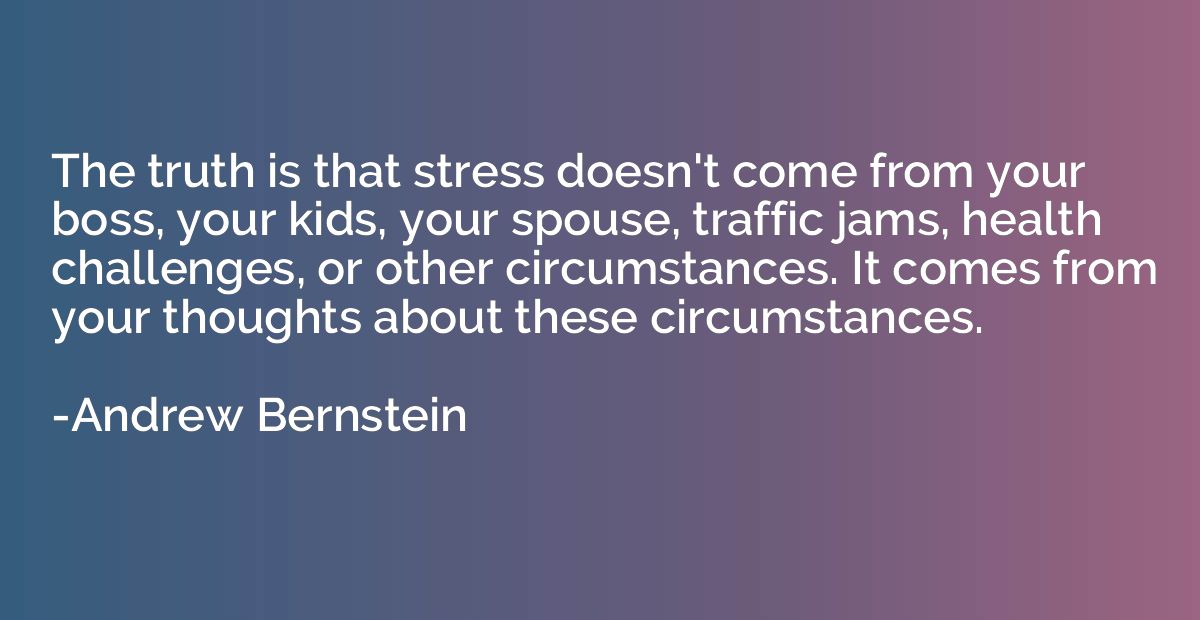Summary
This quote suggests that if one exerts their maximum effort and dedication towards a goal or challenge, progress in that endeavor will come quickly. By putting in one's best and giving it their all, they are more likely to achieve desired outcomes or overcome obstacles. The quote implies that consistent effort and a strong determination to succeed can lead to accelerated progress in personal growth and development.
Topics
Progress
By Pantanjali
